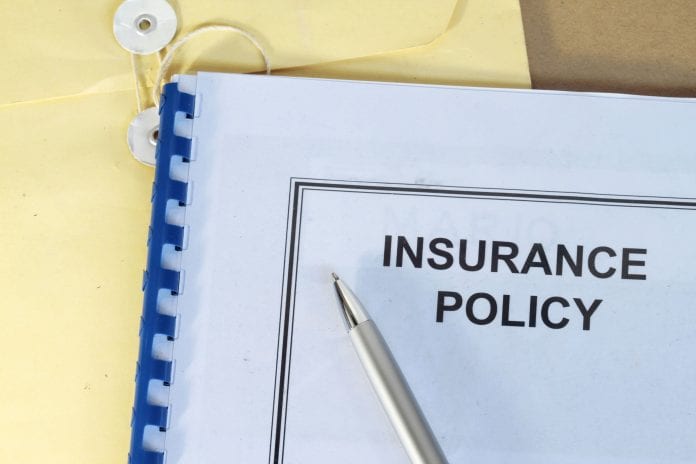Table of Contents - Jump Ahead:
Why Do Personal Injury Lawyers Struggle to Get Clients?
The abundance of legal cases from vehicle accidents and workers’ compensation incidents for work-related injuries seem to indicate that there is plenty of work available for personal injury lawyers. However, some of these attorneys still struggle to find clients to represent. While there is no shortage of personal injury clients to represent, some lawyers may have trouble finding and landing them for several reasons. The following shows the most common reasons why some personal injury lawyers are still struggling to find clients to represent.
Neglecting Their Websites
When someone needs a lawyer these days, he or she is far more likely to do an internet search rather than hop in the car to drive around the city in search of one or turn to the Yellow Pages. So, if you are a personal injury attorney, what will greet your potential clients when they visit your website? Whatever they see on your website, perhaps even on your landing page alone, might be enough to make them a future client.
Your website should be professional-looking, pleasing to the eyes and easy to navigate. Sure, you can use it to tout your qualifications and success rate. However, your main objective is to have your website visitors have a look and decide to hire you. The more time they spend on your website, the more your chances of earning their business increases.
Pay attention to the content of your website as well. Is your content current or dated? Does it contain useful information for your target clientele? Make sure to update your website content, preferably with articles that are relevant to your area of practice. Not only will it be a subtle way of touting your expertise, but your website visitors may consider your articles worthy enough to share on their social media accounts. Shares will give you free passive endorsements and more backlinks to your site.
Make your website mobile-friendly as a substantial number of your potential clients will likely be viewing your site using their mobile devices. Ask your web designer to tweak your website to have fast loading times. Studies show that users usually move on to other sites if the website they clicked on fails to load within 3 seconds.
Not Focusing on Brand Awareness
If you are struggling to get more clients to walk through your office doors, chances are that they are not aware of your brand. Part of a sound marketing strategy is to spread brand awareness, and you can do this for your practice in different ways. These include being more active on social media, optimizing your website on search engines and lawyer site aggregators and, if your budget permits, through targeted online advertisements.
You can go cheap with social media posts on your own social media accounts or with groups that are relevant to your practice. Share the articles that you post on your website or actively give online legal advice to those who are asking questions in discussion boards and forums. Search engine optimization (SEO) and paid advertisements will require you to shell out some cash, but then you’ll be certain that you are making more people aware of your practice.
Visibility Issues
It’s a good idea to be present in important events in your community as well as in conferences that are related to your practice. Such events will give you a chance to meet people and build your network. If you are in between clients, do pro bono work. This will not only make you more visible, but it will likewise increase the number of your happy clients who will no doubt refer you to their relatives and acquaintances.
The key to building your roster of clients is to become more active in promoting your practice and making potential clients aware that your services are available. Once the clients start trickling in, make sure to go through all of the services that you offer. After all, word of mouth is still one of the best forms of promotion.




































